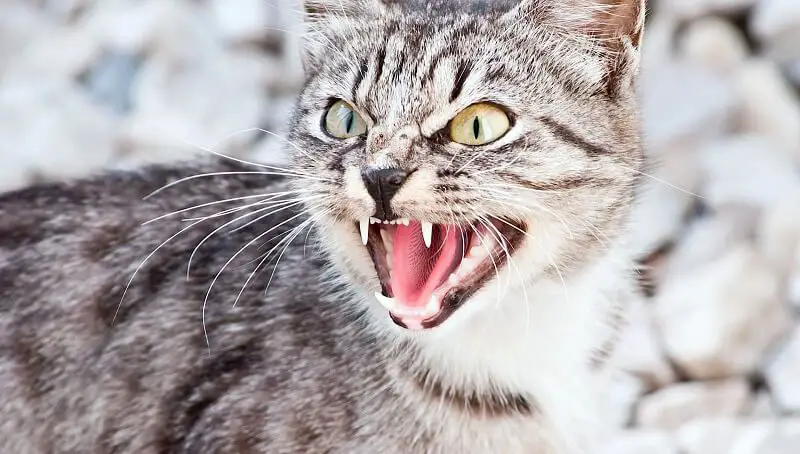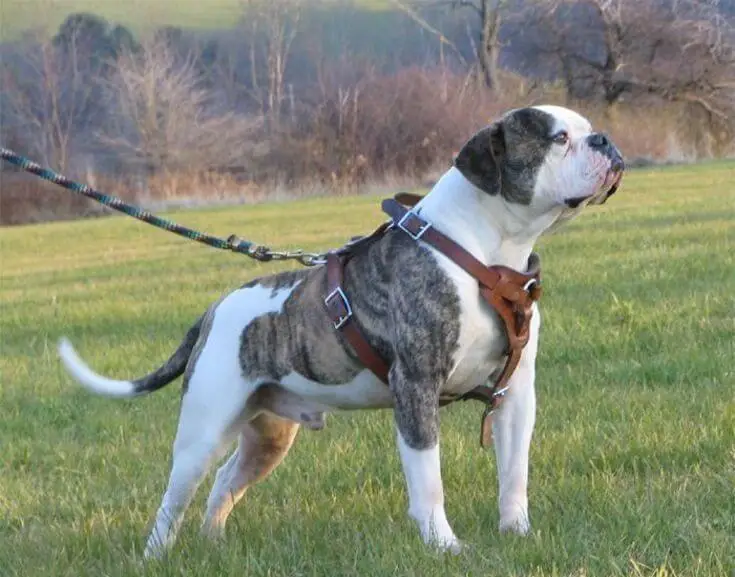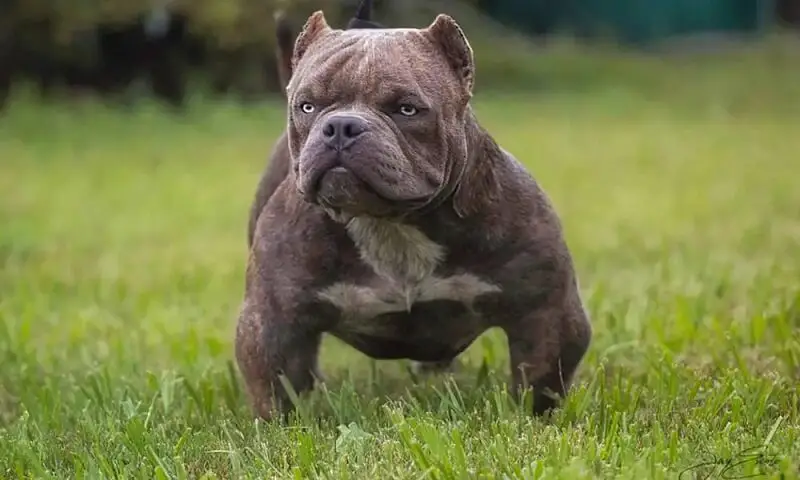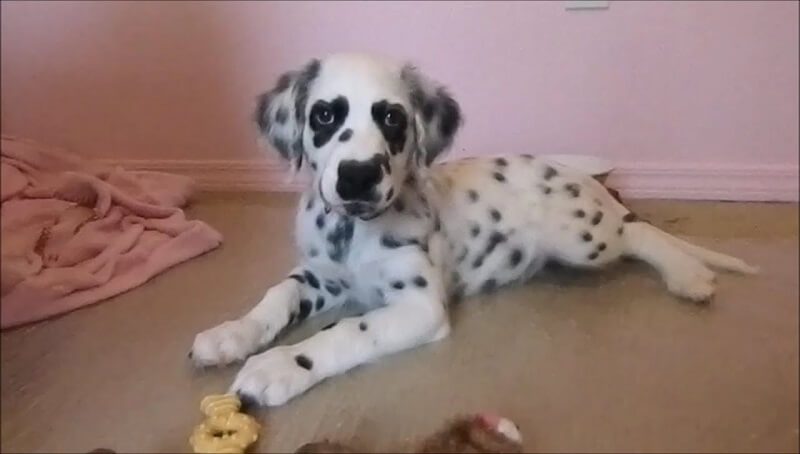It might be pretty hard to understand what your cat is thinking from time to time, and when you notice it hissing or growling, it might be challenging to calm her down if you don’t know what she is trying to tell you. There’s nothing uncommon for a cat to hiss and growl, and she will usually use these sounds to tell you that something is wrong. If you want to make your cat feel better so she stops making these sounds, then it will be up to you to find out what’s wrong and make steps towards addressing the issue. As soon as you fix your cat’s issues, the hissing and growling should stop and the cat should feel a lot better. Below you will find a few tips to fix common problems that would make your cat hiss and growl.
First things first: What’s the cause?
It isn’t normal for a cat to just start growling without having a reason. It will usually take a change in the cat’s environment or way of life for her to start growling and hissing. You won’t know what steps you need to make to stop the cat from making these noises and help her feel safe if you aren’t able to identify the issue.
Try to look for changes that have occurred just before your pet has begun to growl and hiss. Maybe one of your children was being too aggressive while playing with her or maybe you woke her up from a deep nap while trying to pet her. All kinds of stressful situations will cause the cat to hiss and growl. This can be anything from putting her in a carrier, because she might associate this with going to the vet, to bringing home a new baby or pet.
Let your cat have some space
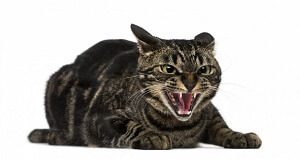 When your cat hisses or growls, she usually tries to tell you it’s time to back off. And it’s not just about you! Your family members should do the same. Just giving the cat her space and just backing up a little might reassure her enough to relax and stop making these sounds.
When your cat hisses or growls, she usually tries to tell you it’s time to back off. And it’s not just about you! Your family members should do the same. Just giving the cat her space and just backing up a little might reassure her enough to relax and stop making these sounds.
You might also like my articles about other sounds cats make, like trilling, chirping, or purring.
Keep in mind that although most of the time hissing and growling will be associated with an issue your cat has, there are also some instances in which nothing is wrong but the pet still makes these sounds. She might also use hissing as a way of warning you when she feels suffocated, annoyed, threatened, or crowded. You should never ignore these types of warnings because, after a hiss and a growl, most cats will continue by attacking and biting if they continue to feel threatened. You will notice that most of the time, you won’t have to do anything else than simply back away for the situation to defuse and for your cat to get calm.
Make new changes gradually
Your cat can easily get stressed out by important changes, like adding a new pet to the family. You will notice that a cat feeling either threatened or uncomfortable, will growl and hiss not only at you but also at your new pet.
If you want your cat to adapt to changes easier, then make them gradually. Even though you might want to bring a new pet home, try to leave some areas in the house where your cat can simply sit alone and feel safe. Try to supervise all interactions between the cat and the new pet and most importantly, be calm. Your cat will continue to hiss and growl for a while even after getting used to the new pet, at least until they form a stronger bond.
Support your cat with pheromones
You can try to use cat pheromones when you notice her being stressed, growling and hissing, as a way of relieving her stress and reassuring her. Pheromones are pretty easy to use and they come in a few different forms. The easiest ones to use in my opinion are those found in spray bottles because you can simply spray them in the room where the cat spends most of her time. You can also use this trick when you’re putting your cat in the carrier to take her to the vet.
There are also pheromones that come in diffusers. These are very easy to use; just plug them in any wall outlet and they will do the rest. This type of gadget automatically releases pheromones all throughout the day in set intervals, for continuous support. This is a great option for passive cats that spend most of their days in a single room.
Try to talk to a vet
Your pet might also start growling and hissing when dealing with an illness or physical pain of some sort. It might be a great idea to take your pet to the vet, especially if you notice her growling and hissing all of a sudden and for no apparent reason. It will be easier for your vet to understand what caused your cat’s attitude to change, and it will usually only take some palpating on the pet’s body to figure out what hurts. As soon as you get to the root of the problem and fix what’s wrong, the cat will usually stop growling and hissing completely.
